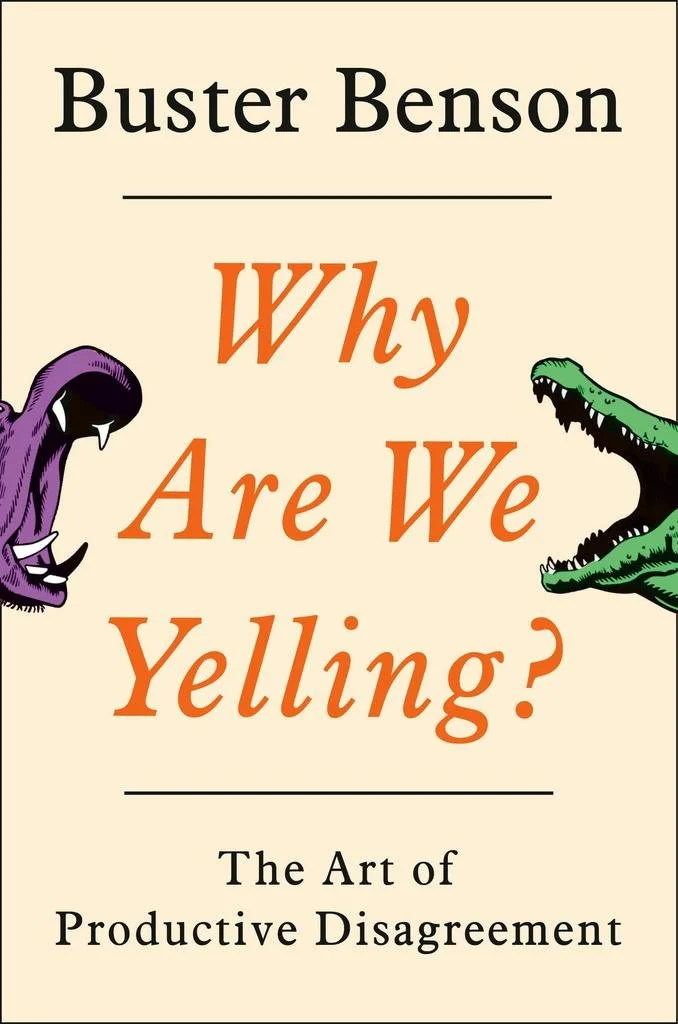
Welcome to ORI Values Alignment Process 2023-2024
As part of the ORI team, you are part of a values-based culture that has remarkable potential, in Humber and far beyond.
How can this potential be fully unleashed, developed and most importantly, sustained?
It starts with YOU.
Workshops and Resources
Resources: Feedback and Productive Disagreement
Values and Types Represent Human Energy
Get energy through operating in harmony with your strengths—and use some of that energy to build up capacity where you have natural blindspots.
Changing behavior requires energy. You will want to focus on one area that you can change, and that you believe will be worth the effort, and will benefit both you and for those around you. It often lies in the “inferior function”—the opposite to your most-preferred function, and likely the one you are least skilled at. It is also the function you may slide into when under prolonged stress. Getting a grip on it can improve your resiliency.
All it takes to begin working on “all cylinders” is to:
1) Become aware of what you need to become more effective (what are your type strengths and blindspots?)
2) Set an intention to work on it (best to start with one goal that will be the easiest for you to focus on and stick with it)
3) Get ready for an expenditure of energy (and make plans for using your favored strengths/preferences to replenish your energy accounts afterward).
Put the Voice of Judgment (VOI) in its place—useful as a guide, never an imperative. Form hypotheses and hold them lightly, because you will be continually challenged to give up your assumptions and apply your judgment in its best and most useful form: as a useful guide.
How about relying insead on the Voice of Objective Intelligence (VOI)?
Feedback, Disagreement, Dialogue, Learning and Change
A Compendium of Questions for the Asking
Asking the right questions at the right time is a lifelong-learning practice. Here are some questions to try, and ways of thinking about the various purposes questions have in different settings.
Highly Recommended:
Very current, and Benson pulls apart the threads of what we tend to see as conflict to reveal sensible and coherent strategies for productive disagreement. All with good humor, refreshing candidness, and excellent research.
Also Highly Recommended:
An assumption has become embedded in Western culture that life-changes happen in order, and at fixed times of life (for example, the “mid-life crisis.” This is an oversimplified view and is mistaken in that life changes happen at any time, and in no particular order—moreover, with the pace of life now, significant life “disruptors” tend to occur on an average of every 18 months. This is not something to be fearful of: we learn from challenging, even dire experiences, and Bruce Feiler’s research gives some robust ways to think about, anticipate, navigate, and value life-change in all its forms. The bearing on conflict, feedback and communication: a re-grounding in what’s really most important, what’s really most valuable, uniquely, for each of us.
Still the Best Resource of ALL
In our opinion, the single most useful resource on MBTI we have ever encoutered can be found in the ORI Lending Library: YOU, by Roger Pearman with the collaboration of M. Lombardo and R. Eichinger. It provides great descriptions of all the types, and is the only source we know of that goes so deeply and in detail into behavioral challenges you, or someone you live or work with, may face as a natural blindspot—and provides solid tactics and strategies for addressing behavioral change, based on type. Even if type in and of itself does not interest you, the behavioral information will.
Zoom address for Workshops:
Wednesday, March 27, 11-noon pm EDT
Cracking the Conflict Conundrum: The Subtle Art and Skill of Feedback
Giving feedback is a true conundrum. What do I say? When do I say it? What is going on anyway? Time to engage the VOI Overdrive. —the Voice of Objective Intelligence—and get a grip on who, when, how, what and why whatever it is matters, and how much; and come up with a cogent strategy for facing the situation head on. Without death or destruction—to the party you are addressing, or YOU as the feedback giver. The art of sussing a situation, going in with the right message and being ready to foster the best outcome, whatever happens.






